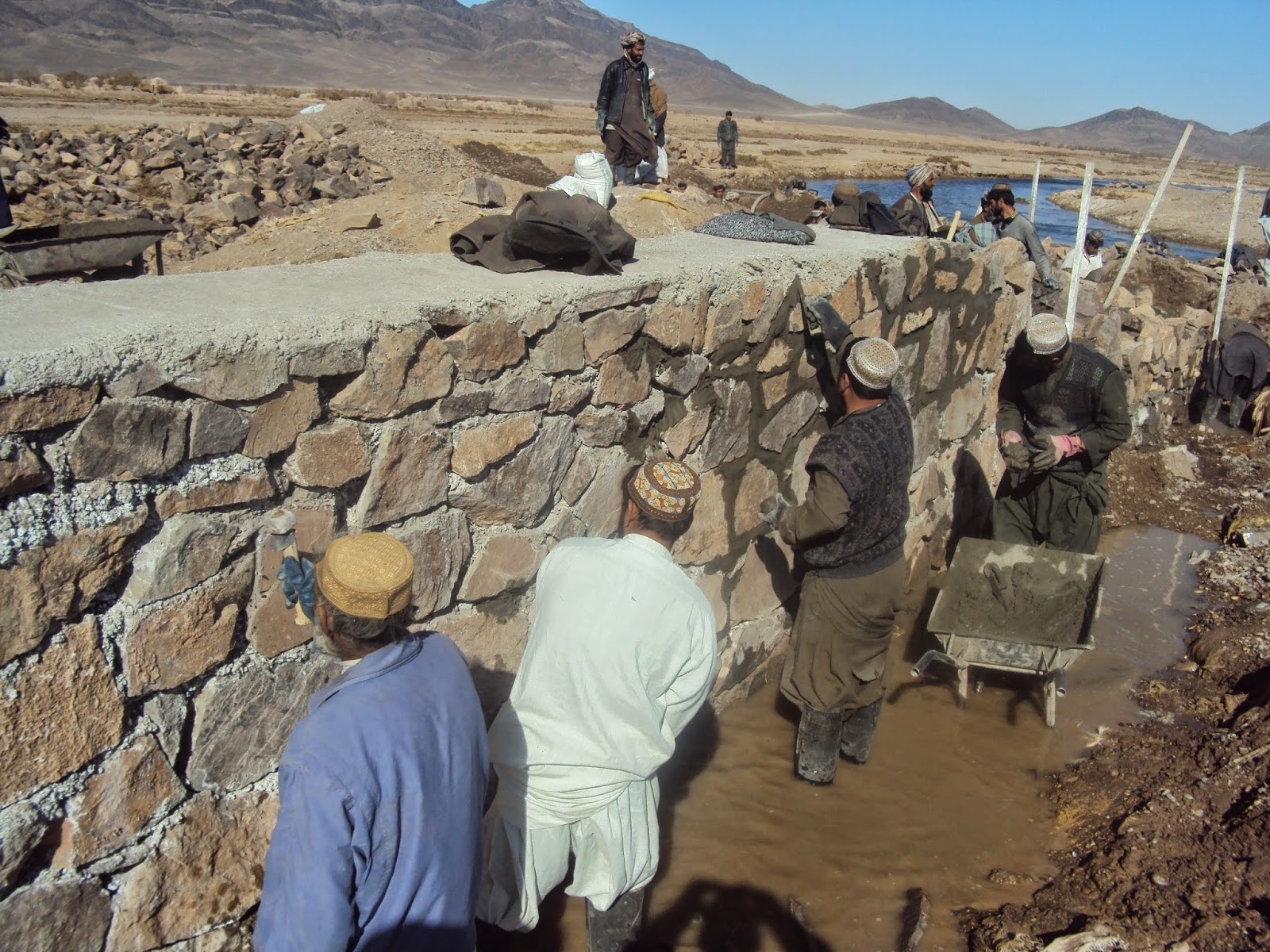It was 2007 and it was a great night at the Warner Theater
in Washington, DC. I had finally gotten a chance to see the funny comedians from
the "Axis of Evil" group, a bunch of mainly American comedians of
Middle East descent led by the Iranian-American, Maz Jobrani. They were funny,
the crowd was engaged and overall it was a night to remember. I even ran into
Queen Noor of Jordan! Of all the jokes I remember, is that, if you are a Middle Eastern descent, you always
want to have a "white" friend with you specially if you are going
through the security at the airport! Security will treat you better!! Of course
we all laughed! it was funny and it was true...comedians are society's
social commentators...racism and ethnic profiling have been an integral part of
American history and culture, and in 2016 its making a big come back!
Whether you are going through security at the airport, or
transferring money from one bank to another, or buying a phone at the Apple Store, or writing down math equation on a piece of paper, everyone is watching you as if you are a terrorist.
Not everyone who is brown, black, and has an accent and speaks a language other
than English is a terrorist, planning a terrorist act or financing terror!
Did you know race and ethnic-profiling has permeated fund-raising too! Really? yeah really! But please don't be surprised!
Recently I decided to raise funds for a development project for Shindand District, in Afghanistan. My first approach was using crowdfunding, where I could ask people around the world to help me raise the money to get our work started in Afghanistan. The project (if funded) would focus on education, health, agriculture and other relevant programs. Based on a brief review of crowdfunding website, I chose gofundme, the registration was easy and I registered and started to reach out to people and ask for funding. I knew it would be an uphill battle. But just few days into the campaign I got this message;
Recently I decided to raise funds for a development project for Shindand District, in Afghanistan. My first approach was using crowdfunding, where I could ask people around the world to help me raise the money to get our work started in Afghanistan. The project (if funded) would focus on education, health, agriculture and other relevant programs. Based on a brief review of crowdfunding website, I chose gofundme, the registration was easy and I registered and started to reach out to people and ask for funding. I knew it would be an uphill battle. But just few days into the campaign I got this message;
Hi Behzad,
Dec 16 04:41 PM I apologize, but we’re not able to process payments for your account. Our banks and processors hold us to a strict guideline on what we can and cannot process through our site. Unfortunately, we will not be able to provide you or your donation campaign with our services. I do apologize again, and wish you and your efforts the best going forward.
Thank you for your understanding.
So I replied,
Dec 17 12:43 AM
I received a reply. There is no explanation why you don't
want to process my payments for my campaign. You have strict guidelines against
who?
Please explain.
Thank you. B
I got the exact statement I had received previously!!
I apologize, but we’re not able to process payments for your
account. Our banks and processors hold us to a strict guideline on what we can
and cannot process through our site. Unfortunately, we will not be able to
provide you or your donation campaign with our services. I do apologize again,
and wish you and your efforts the best going forward.
Thank you for your understanding.
--------------------------------
They could not give me an explanation on why they could not
process my payment! I met all the requirements they asked for which is 1) Having
an American address 2) Having a social security number and 3) Having an
American bank account. So what is the problem? Why can't I be able to raise
funds on gofundme? Is it because at the time I lived in Ghana? that I have a name
that is not Bob, Brad or Billy? is it because I am raising money for
Afghanistan? What if someone by the name of Richard Branson or Ben Afflack, Joe Smith, or Lisa Hightower was raising the money, would they block
him/her? [By the way i tried to raise fund again this time from the US but same thing happened!)
It is disappointing but not surprising that people are profiled even
when they are trying to educate, build and develop communities in a much needed area.
I removed my campaign appeal on gofundme.I look back at that night at the Warner Theater and sadly one of the new jokes can be about crowdfunding, if you are going to use crowdfunding sites and you are of certain ethnicity you might want to consider looking for other funding options.







.JPG)













.JPG)





.JPG)
